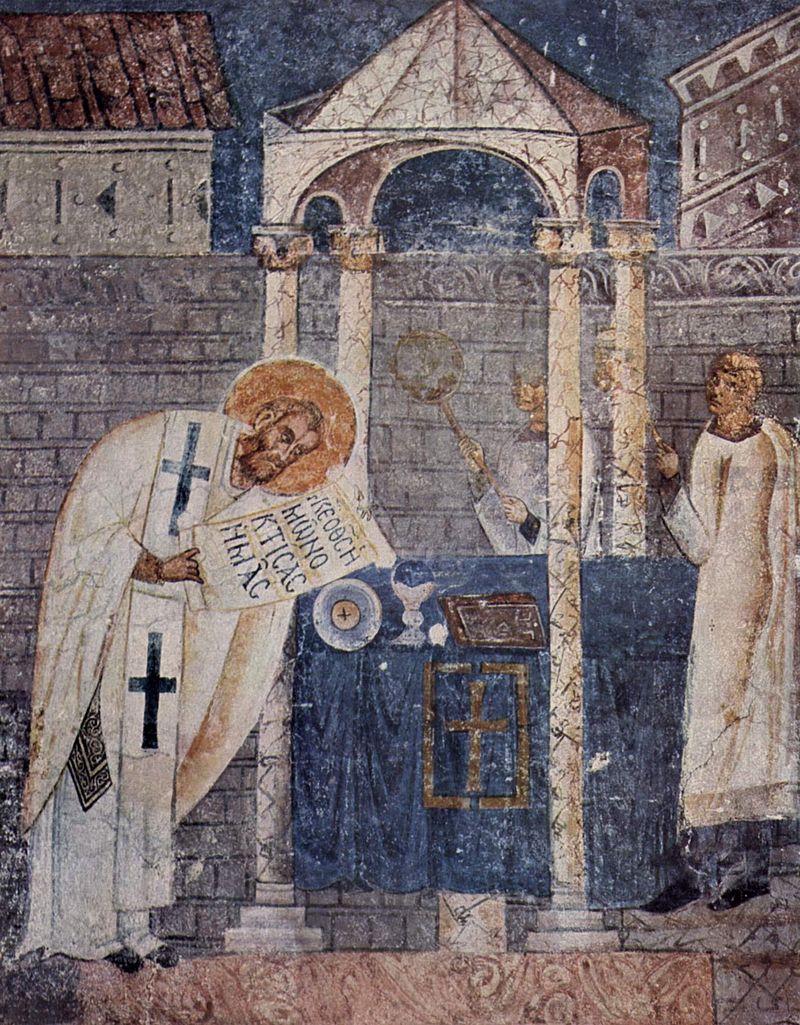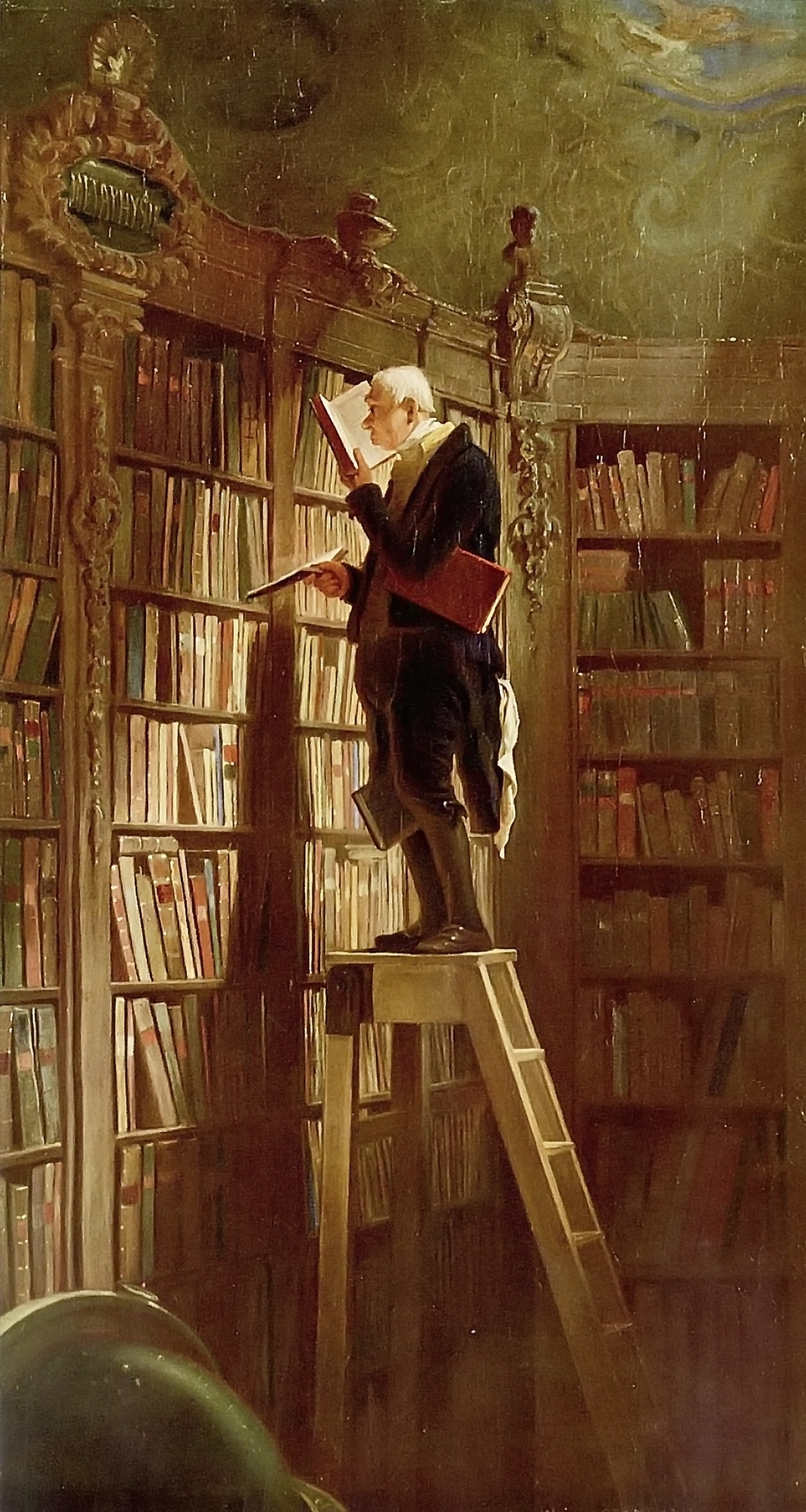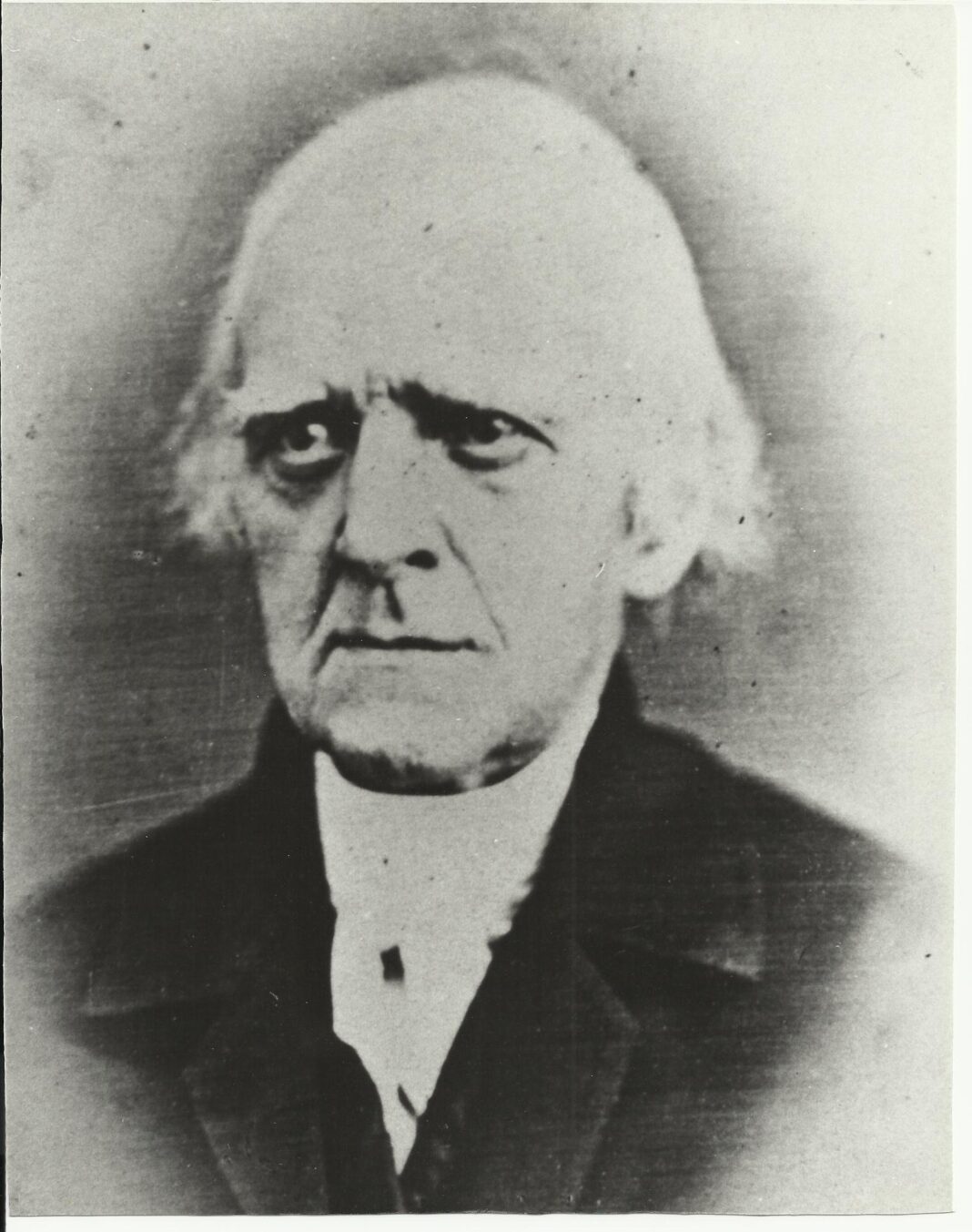
Saint Basil the Great of Caesarea
Hexaemeron: Homilies
Homily on the Creation of Fowl and Water Animals
「4th c.」Saint Basil of Caesarea, “The Creation of Fowl and Water Animals,” Homily 9 of The Hexaemeron in The Treatise De Spiritu Sancto, the Nine Homilies of the Hexaemeron and the Letters of Saint Basil the Great, Archbishop of Caesarea, trans. Rev. Bloomfield Jackson, in vol. 8 of Nicene and Post-Nicene Fathers of the Christian Church, ed. Philip Schaff and Henry Wace (New York, 1895; Google Books: Online Library of Free eBooks).
Without doubt terrestrial animals are devoid of reason. At the same time how many affections of the soul each one of them expresses by the voice of nature! They express by cries their joy and sadness, recognition of what is familiar to them, the need of food, regret at being separated from their companions, and numberless emotions. (95)
What a variety, I have said, in the action and lives of flying creatures! Some of these unreasoning creatures even have a government, if the features of government is to make the activity of all the individuals centre in one common end. This may be observed in bees. They have a common dwelling place; they fly in the air together, they work at the same work together; and what is still more extraordinary is that they give themselves to these labours under the guidance of a king and superintendent, and that they do not allows themselves to fly to the meadows without seeing if the king is flying at their head. As to this kin, it is not election that gives him this authority; ignorance of the part of the people often puts the worst man in power; it is not fate; the blind decisions of fate often give authority to the most unworthy. It is not heredity that places him on the throne; it is only too common to see the children of kings, corrupted by luxury and flattery, living in ignorance of all virtue. It is nature which makes the king of the bees, for nature gives him superior size, beauty and sweetness of character. (97)



